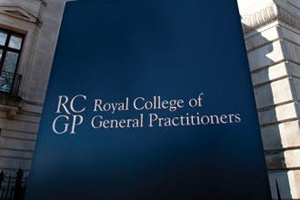RCGP launches overseas GP guide to life in the UK

The RCGP has created a resource bringing together a range of advice and information for oversees GPs considering a career in the UK.
The college said the guide, available on its website, is aimed at ‘showcasing the UK as a great place to work as a GP’ as well as offering practical assistance.
‘Living and working in the UK as a GP: a guide for overseas doctors and their families’ includes information about the NHS, life in the UK, qualifications and routes into general practice, and also contains case studies.
The guide, which comes as the Government is aiming to attract between 2,000 and 3,000 overseas GPs to come and work in England, has been developed with NHS England and the devolved health administrations in Scotland, Wales and Northern Ireland, as well as the BMA.
RCGP chair Professor Helen Stokes-Lampard said that as workload in general practice ‘has increased 16% over the last seven years’, investment ‘has declined over the last decade’ and the GP ‘workforce has not risen at pace with demand’.
She added: ‘We already have a huge number of GPs working in NHS general practice from overseas, and we’re incredibly grateful for their work. But we’re still desperately short of GPs – and it is crucial that we tackle this, including through recruiting more GPs.
‘This guide will help to support this important work, and I hope it will be an invaluable resource for doctors looking to live and work in the UK to support us to deliver care to over one million patients a day.’









